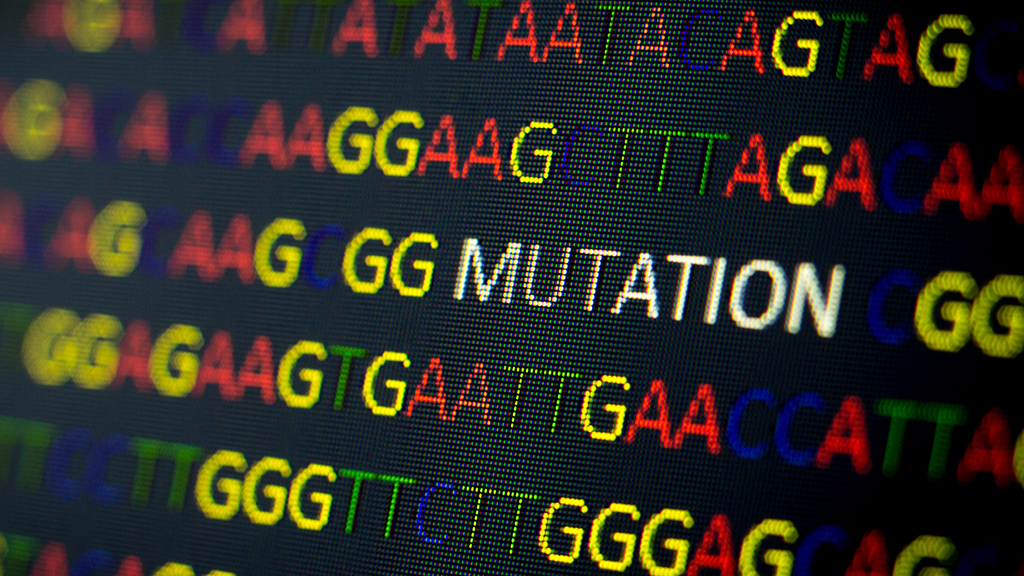Abstract
Selenocysteine is commonly referred to as the 21st amino acid and is incorporated into selenoproteins through exceptional yet logical and systematic circumstances. This case study is designed for students to get hands-on experience working with a bioinformatic tool that can predict which genes (mRNAs) will ultimately be translated into selenoproteins based on their nucleotide sequence. This tool is then applied to a patient directly modeled after a published case study, so that students can understand how bioinformatic approaches can potentially be used to connect a patient’s clinical symptoms to the importance of a particular selenoprotein. The case provides a review of basic genetic principles through the discussion of selenoproteins and their features. The case also challenges students to think critically about the physiological and clinical differences between dietary selenium deficiency versus the lack of a single selenoprotein caused by a mutation in that specific gene. The case can be used in a wide variety of biology or nutrition courses, depending on prior student experience with genetics.



